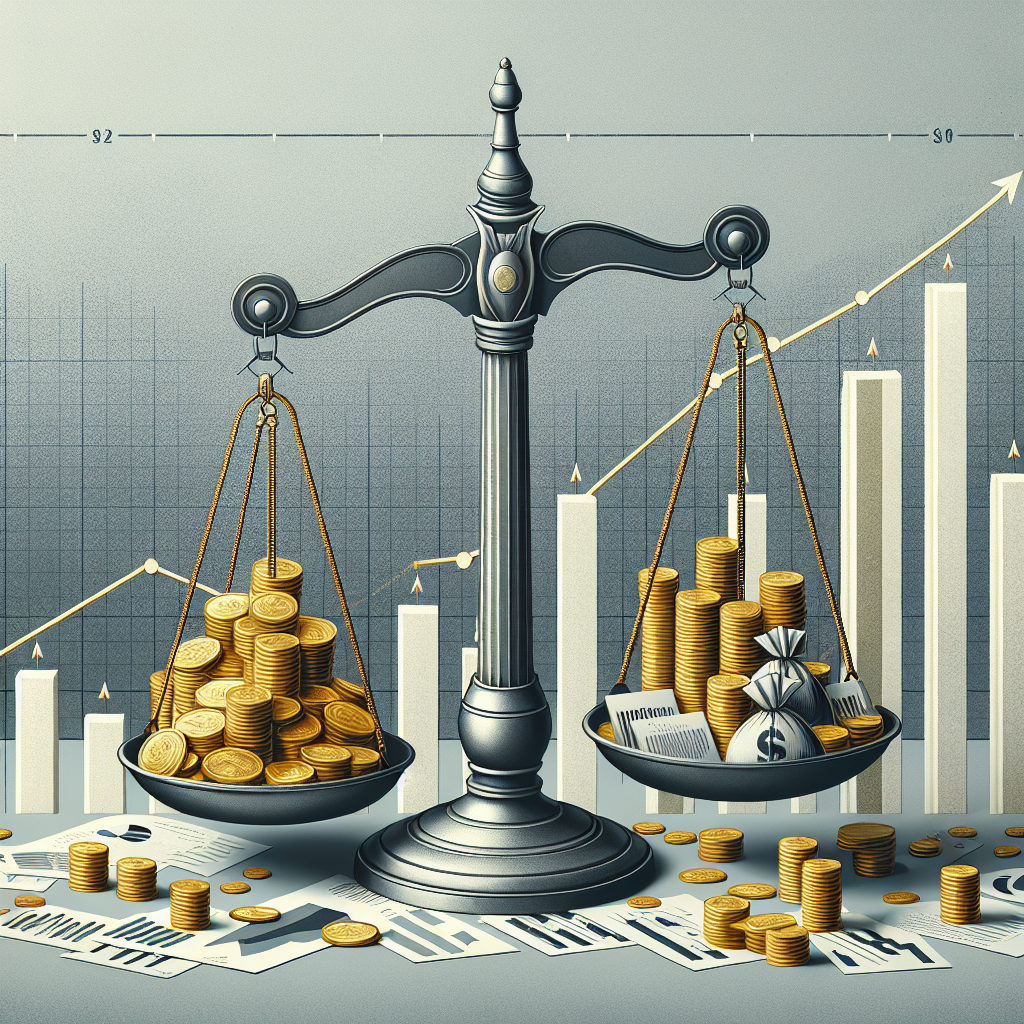The Economic Impact of Libertarian Policies: A Case Study
Introduction
Libertarianism advocates for minimal governmental intervention in both personal and economic matters. This political philosophy emphasizes individual freedom, market autonomy, and limited government. As countries and states around the world experiment with libertarian policies, it’s essential to evaluate the economic impacts of these approaches. This article will delve into the economic ramifications of libertarian policies, exploring a case study that exemplifies these effects.
Understanding Libertarian Economic Policies
Libertarian economics rests on several key principles, including free markets, individual property rights, voluntary exchange, and minimal government intervention. This economic philosophy posits that when individuals are free to make their own choices, the economy flourishes. Advocates argue that reducing regulation and lowering taxes can lead to increased economic growth and prosperity.
Key Principles of Libertarian Policies
- Free Markets: Libertarians believe that free-market competition fosters innovation and efficiency.
- Limited Government: The role of the government should be constrained to protecting life, liberty, and property.
- Low Taxes: High taxation is seen as a deterrent to economic growth; thus, lower taxes are advocated.
- Deregulation: Reducing regulations is believed to stimulate business activities and create jobs.
Case Study: Libertarian Policies in New Hampshire
New Hampshire serves as an illustrative case study of the economic impact of libertarian policies. Known for its "live free or die" motto, the state has embraced many libertarian principles, leading to distinctive economic outcomes.
Overview of New Hampshire’s Libertarian Policies
New Hampshire has implemented several libertarian policies, including no state income tax and relatively low business taxes. Additionally, the state has worked towards reducing unnecessary regulations, allowing businesses greater operational flexibility.
Economic Growth and Entrepreneurship
The results of these policies can be seen in New Hampshire’s economic landscape. The absence of a state income tax has attracted a significant number of high-income earners and entrepreneurs. This influx has fostered job creation and contributed to the state’s relatively low unemployment rate.
Key Statistics
- Job Growth: New Hampshire has consistently outperformed national averages in job creation.
- Business-Friendly Environment: The state consistently ranks among the top for business-friendly policies in the U.S.
Quality of Life and Economic Stability
Aside from economic metrics, the quality of life in New Hampshire also reflects the positive impacts of libertarian policies. The state boasts excellent educational outcomes, low crime rates, and high access to healthcare. The libertarian approach has contributed to a stable economic environment, allowing citizens to make choices that align with their values and preferences.
The Drawbacks of Libertarian Economic Policies
While the economic benefits of libertarian policies can be convincing, they are not without drawbacks. Critics argue that the lack of government oversight can lead to unequal access to resources and services.
Increased Inequality
One of the primary concerns surrounding libertarian policies is the potential for increased economic inequality. Without sufficient regulation and safety nets, the wealth gap can widen, leaving some citizens at a significant disadvantage.
Market Failures and Public Goods
Libertarians often overlook the necessity of public goods such as infrastructure, education, and healthcare, which can suffer in a system that prioritizes minimal government intervention. Market failures in these areas can lead to long-term economic challenges.
Conclusion: The Future of Libertarian Economics
The economic impact of libertarian policies is multifaceted. New Hampshire’s case demonstrates how the principles of personal freedom, low taxation, and deregulation can lead to economic growth and a high quality of life. However, it also serves as a reminder of the potential drawbacks, such as increased inequality and the risk of underfunded public services.
As the debate over the efficacy of libertarian policies continues, it is crucial to weigh both the benefits and challenges. The future of libertarian economics may involve recalibrating these policies to balance freedom with equity, ensuring that economic growth is sustainable and inclusive.
By examining the economic impacts through case studies like New Hampshire, policymakers can draw valuable insights into the long-term consequences of libertarian ideals and their applicability in varying contexts.
Share this content:












Post Comment